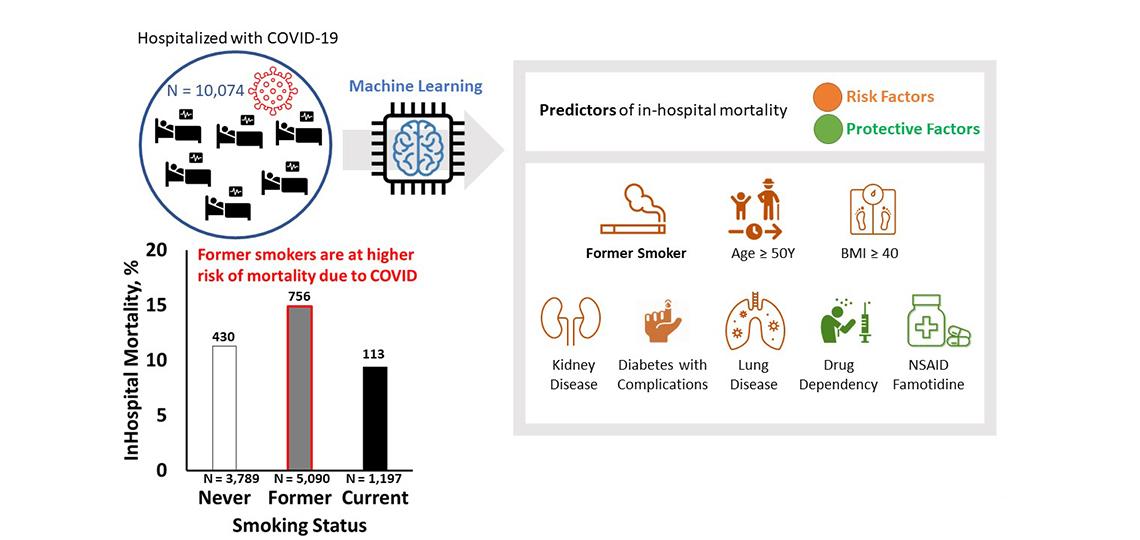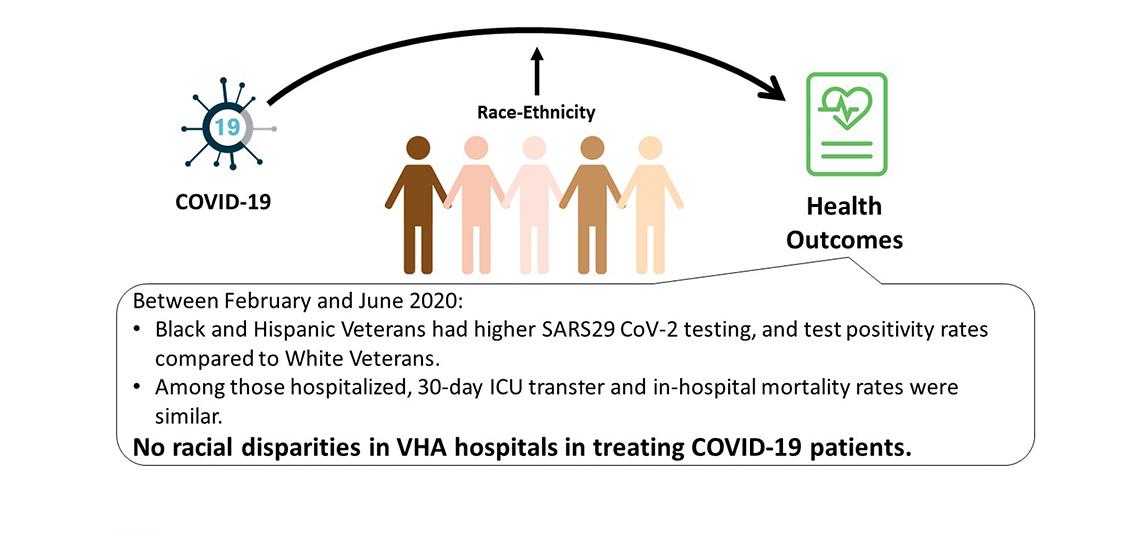
Our lab's vision is “bringing artificial intelligence to the bedside.”
About the Lab

What is Artificial Intelligence
Artificial Intelligence (AI) is an umbrella term to describe computers and technology to simulate intelligent behavior and critical thinking comparable to a human being[1]. AI is not one technology but rather a collection of them: machine learning (neural networks and deep learning), natural language processing, rule-based expert systems, physical robots, and robotic process automation[2]. Since the Turing machine, AI is already being utilized in the medical field: diagnosis and treatment applications, patient engagement and adherence applications, administrative applications, and implications for the healthcare workforce. Most AI models remain within the testing and prototyping environment; only a handful was utilized in clinical practice as clinical decision support [3]. The main concerns/barriers for implementing AIs are data management, the development of models, or the implementation in the (clinical) workflow.
Academic Leader in Clinical Data Science
Our ultimate goal is to become an academic leader in clinical data science, with focused on using multidisciplinary sciences (health information technology and clinical research) to improve the outcomes of healthcare. The AIH Lab will be at the center of interactions between unmet clinical needs and the advanced, innovative machine learning techniques. Our research will translate novel AI into interpretable, applicable tools as clinical decision aids.
Our lab will be well-placed to fill the gap identified in a 2018 JAMA publication which highlighted that machine learning approaches will transform all aspects of medicine and health care, but to date this transformation remains largely aspirational.”[1] The author stated that, in clinical settings, there is an unmet need for accurate and interpretable predictive models to further improve clinical care rather than complicate this process.
Currently, electronic health records (EHR) provide the deepest array of clinical data from outpatient encounters to inpatient visits and machine learning algorithms have the potential to:
- Create models that accurately classify a patient’s diagnosis
- Predict what a patient may experience in the future
- Reveal the phenotype of diseases
- Provide answers to who may benefit the most from interventions
Our contributions to clinical data science will be the integration of quantitative models using EHR data to a clinical decision aid at the point of care.
Location
Our lab is located in two centers: ICTR and IQuESt. We benefit from collaborating with the Institute for Clinical and Translational Research (ICTR) at Baylor College of Medicine and Center for Innovations in Quality, Effectiveness and Safety (IQuESt) at the Michael E. DeBakey VA Medical Center (MEDVAMC).
Cited Publications
- Rivara, F.P., S.D. Fihn, and R.H. Perlis, Advancing Health and Health Care Using Machine Learning: JAMA Network Open Call for Papers. JAMA network open, 2018. 1(8): p. e187176-e187176.
- Amisha, P.M., M. Pathania, and V.K. Rathaur, Overview of artificial intelligence in medicine. Journal of family medicine and primary care, 2019. 8(7): p. 2328.
- Davenport, T. and R. Kalakota, The potential for artificial intelligence in healthcare. Future healthcare journal, 2019. 6(2): p. 94.
- van de Sande, D., et al., Moving from bytes to bedside: a systematic review on the use of artificial intelligence in the intensive care unit. Intensive care medicine, 2021: p. 1-11.

We observed that former smokers are at the elevated risk of COIVD-19 severity of illness.
Razjouyan J, Helmer DA, Lynch KE, Hanania NA, Klotman PE, Sharafkhaneh A, Amos CI. Smoking Status and Factors associated with COVID-19 In-hospital Mortality among U.S. Veterans. Nicotine Tob Res.

No racial disparities in VHA hospitals in treating COVID-19 patients.
Razjouyan J, Helmer DA, Li A, Naik AD, Amos CI, Bandi V, Sharafkhaneh A. Differences in COVID-19-Related Testing and Healthcare Utilization by Race and Ethnicity in the Veterans Health Administration. J Racial Ethn Health Disparities.

COVID-19 positive patients has higher respiratory disease 60-day post index date of hospitalization.
Park, C.; Razjouyan, J.; Hanania, N.A.; Helmer, D.A.; Naik, A.D.; Lynch, K.E.; Amos, C.I.; Sharafkhaneh, A. Elevated Risk of Chronic Respiratory Conditions within 60 Days of COVID-19 Hospitalization in Veterans. Healthcare 2022.

We implement an NLP tool to monitor the uptake of interventions among social workers.
Razjouyan J, Freytag J, Dindo L, Kiefer L, Odom E, Halaszynski J, Silva JW, Naik AD. Measuring Adoption of Patient Priorities-Aligned Care Using Natural Language Processing of Electronic Health Records: Development and Validation of the Model. JMIR Med Inform.








